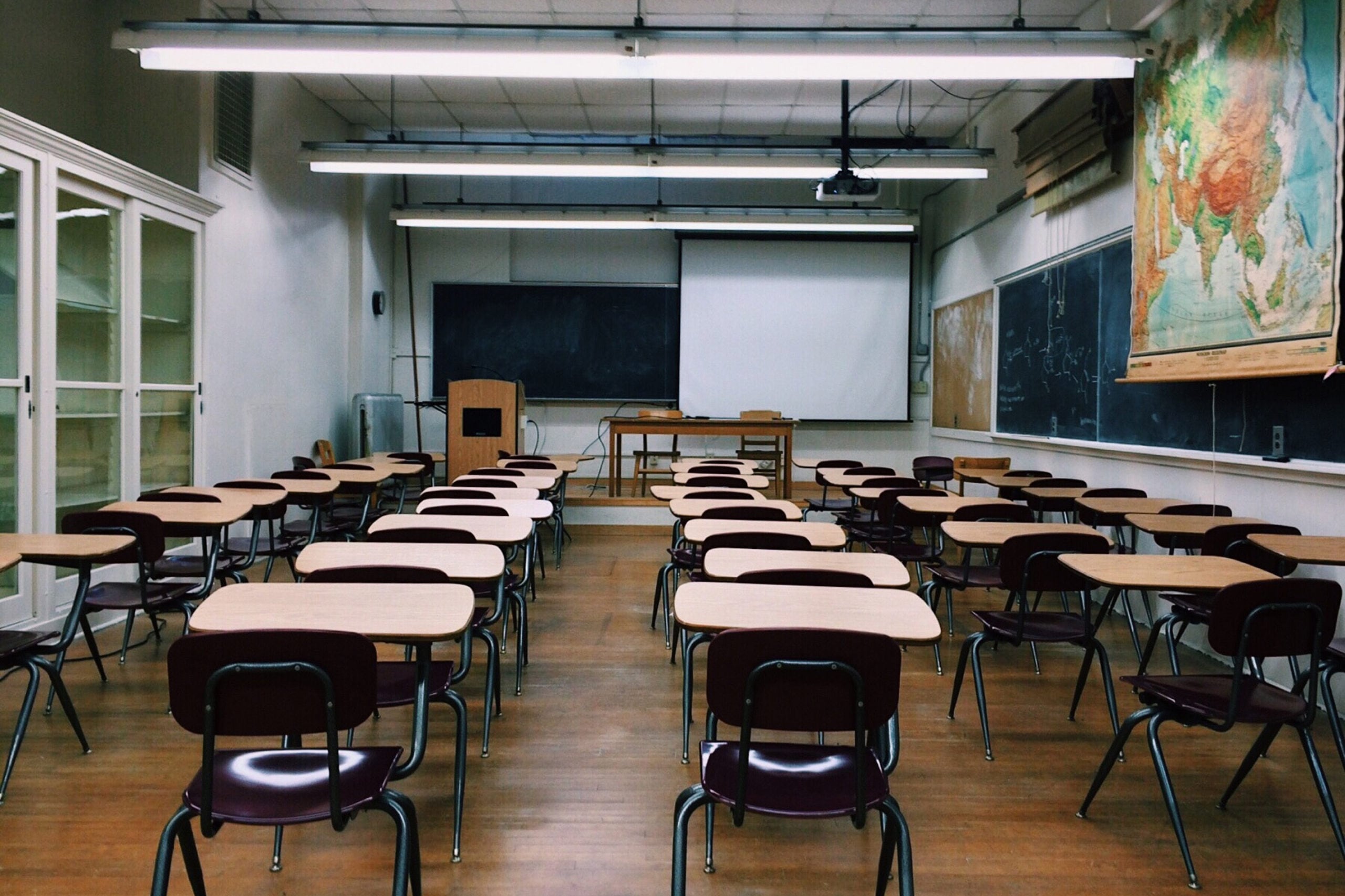Michigan’s enrollment is down by 53,200 students during this pandemic school year, but State Superintendent Michael Rice said a big concern is the 13,000 students who are fully unaccounted for.
Rice, in an opinion piece, said the bulk of the drop is due to factors such as natural enrollment declines, parents who have notified their districts that their kids are being homes-schooled, and parents who opted not to enroll their children in kindergarten.
In a Chalkbeat story last week, some questioned whether the state should lead a coordinated effort to help local school districts locate students who are unaccounted for. In a separate story, Chalkbeat also reported a nearly 4% drop based on statewide unaudited enrollment data. The decline is twice as many students as the state lost during 2009-10, which was the largest drop in more than a decade.
States across the country are dealing with declines in enrollment, a pandemic factor that has many concerned about whether the children who left public schools are getting a quality education. In Michigan, that is particularly acute given the struggles the education system was experiencing even before the pandemic.
Statewide enrollments have dropped steadily in recent decades as Michigan’s population declines. For a decade, Rice said, the state has lost an average of 13,000 students a year. This year’s enrollment declines have been sharper and more widespread, Chalkbeat reported.
Rice said in the article that the state’s education data center already works closely with school districts to determine the reason for a child’s exit.
“All parents do not provide a reason,” Rice wrote.
“The granular work to find children must take place at the local level, where teachers, support staff, and administrators know children, families, and communities, and where community connections with churches, neighborhood associations, and other youth- and family-serving entities can help.”
Rice said school districts should continue working with community partners, including faith-based institutions, social service agencies, and law enforcement, to ensure every child is being educated.
But he also said state law needs to require a count of children being educated at home. Currently, parents who home-school their children can register with the state, but it isn’t a requirement.
“To know the numbers of public school, private school, parochial school, and home-school students helps to determine more precisely the number of children who are not being educated at all,” Rice wrote. “We need this information, both during and after a pandemic.”
Chalkbeat reported Dec. 1 that the number of registrations grew from 290 last school year to 611 this school year, but those registrations only represent a fraction of parents who are home-schooling their children. In mid-November, Rice told Chalkbeat that he doesn’t know how many parents elected to home-school their children.
A month later, he reported some data in his opinion piece: 17,000 students told their public school districts upon exiting this year that they would be educating their children.
“That is roughly 14,000 more students than in each of the last couple of years. Those 14,000 students are another part of this year’s decline.”
Rice said it “is completely understandable” that some parents chose home schooling during this school year.
He did not address the quality of education those students may or may not be receiving at home.
Rice also argued that the 13,000-student drop in kindergarten enrollment reflects parents who opted for a one-year delay in enrolling their children because of the pandemic. Rice said some children will benefit from such a delay.
“Parent choice in a pandemic to wait a year until children can get a more complete, less staccato experience in public schools will serve well some children in some schools and less well other children in other schools.”
He argued that those children are not missing.





